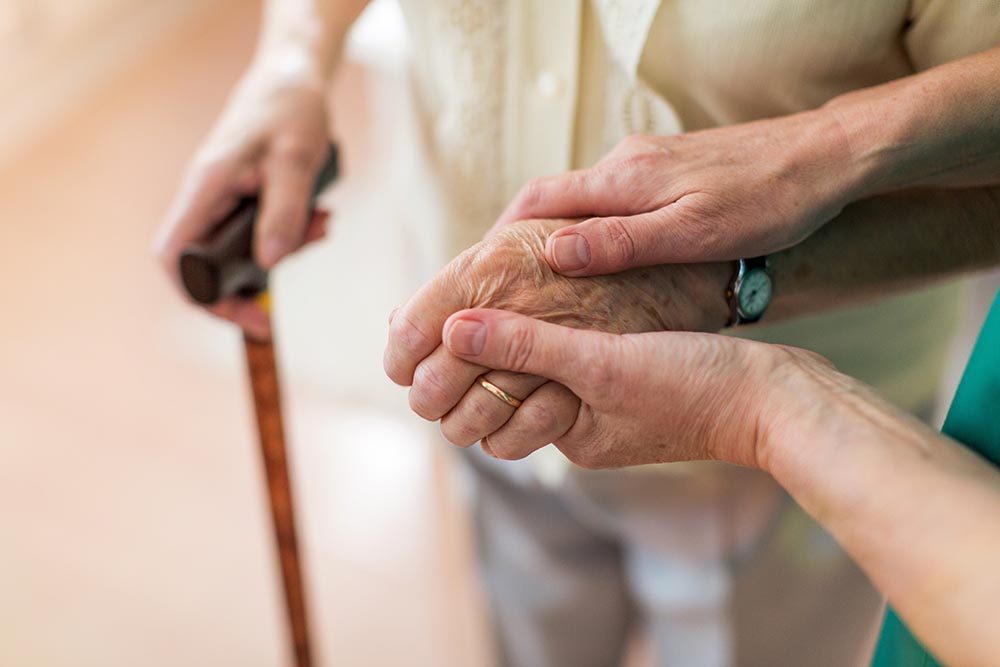If you have made the difficult decision to place your loved one in a nursing home, it is likely so that they can receive the best quality of care and ensure that they remain protected throughout the day. This may be especially important if your loved one begins exhibiting signs and symptoms of a neurodegenerative disease such as dementia or Alzheimer’s disease. Sometimes it is difficult to tell whether or not your elderly loved one is simply suffering from older age or whether or not they are actually developing a serious medical condition. Knowing whether or not your loved one has developed dementia or Alzheimer’s is important, as many elderly seniors that are residents of nursing homes often suffer more abuse as a resident if they have these types of medical conditions. Because they cannot remember as well, they are often taken advantage of by employees, third-parties that enter the facility, or even other residents.
Distinctions Between Dementia vs. Forgetfulness
Memory loss is common as people age. Not all signs or events of memory loss should make a person believe that their elderly loved one has either a diagnosis of dementia or Alzheimer’s disease. Consider the following questions:
- Do reminders work? If they do, it is likely simply memory loss.
- Can they remember events and/or persons? If your elderly loved one cannot remember event or persons, even with prompting and photographs, it might be a sign of dementia.
- Is there a repetition of forgetfulness? If the forgetfulness continues, or if they cannot seem to remember ordinary things such as how to use a telephone or a clock, or something common such as their daughter’s name, it may be a sign of dementia or Alzheimer’s disease.
- Are they able to do daily tasks? If your loved one can’t do daily tasks such as eating, bathing, cleaning, making food for themselves, or dressing, it may be a sign of dementia.
- Do they have unusual reactions? If you notice that your elderly loved one now has strange reactions to events, or angers easily, or simply does not seem like themselves, they may have early stages of dementia.
Dementia and Nursing Home Neglect/Abuse
Many families make the decision to place their elderly loved one in a nursing home to ensure that they receive proper care and remain safe throughout the day. However, if your loved one has dementia or Alzheimer’s disease, they are at a greater risk for nursing home neglect and abuse since they can often not remember what occurred to them. Make sure to visit your loved one often, and always ask questions about any unexplained injuries or medical conditions. Take the time to make sure that your elderly loved one is safe, and always report any possible indications of nursing home neglect or abuse to the management, or to law enforcement.
Contact an Experienced Attorney
Your loved one has the right to remain free from any kind of abuse or neglect as a resident of a nursing home. If you believe that your elderly family member suffered any kind of injuries as a result of nursing home abuse or neglect contact the experienced attorneys at Griggs Injury Law at (816) 474-0202. We welcome the opportunity to ensure that your loved one receives the justice they deserve.


